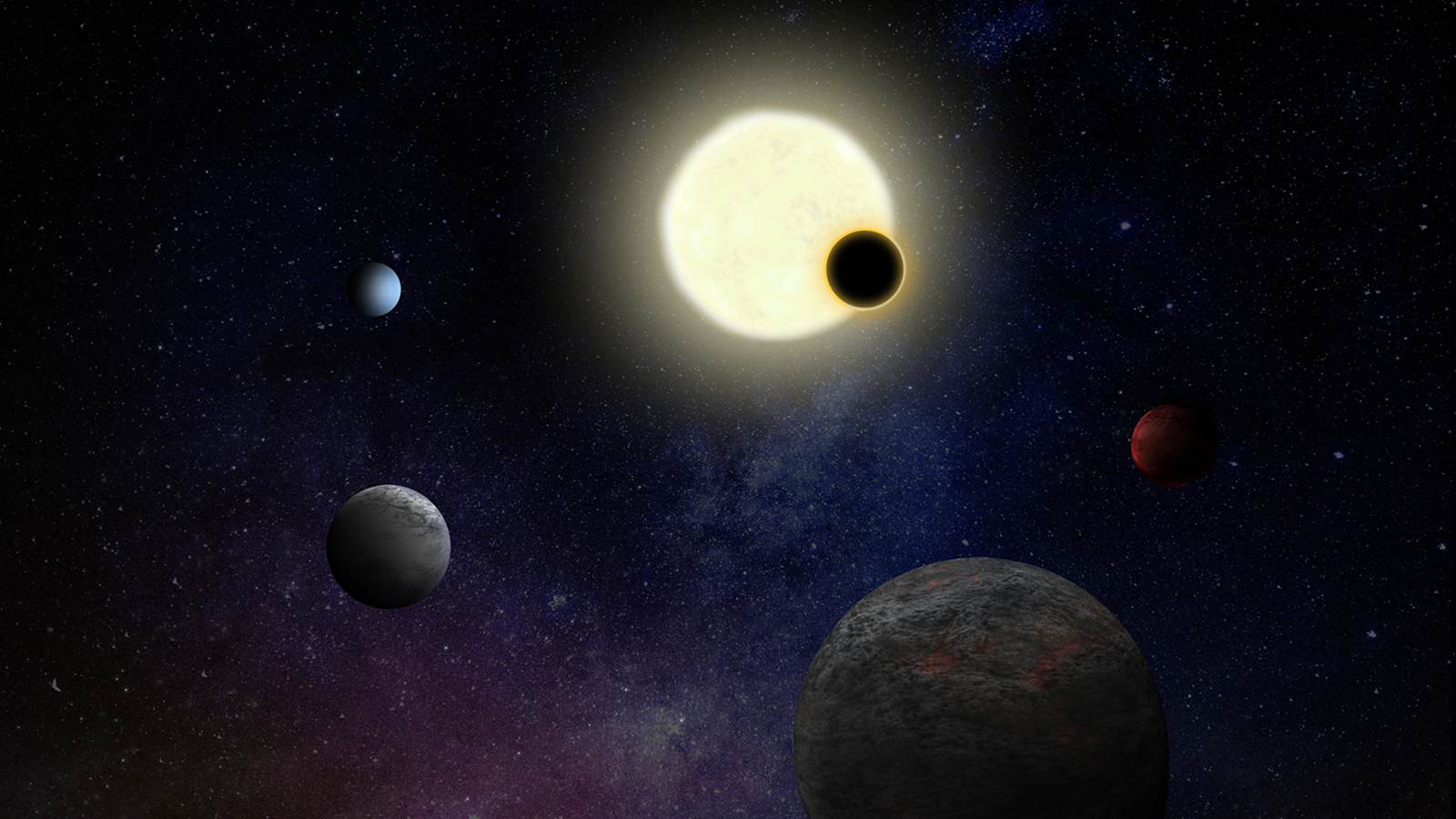Are Big Brains Smarter?

Does the size of your brain say anything about your smarts?
Plenty of brainy scientists have pondered the link between a person or animal's grey matter and their cognitive skills.
Perhaps fitting for a question about the human brain — which packs in more than 100 billion neurons, according to the National Institutes of Health — but the answer is mired in complexities and unknowns.
For one, scientists still debate over the definition of intelligence. For any IQ definition, how do you measure it? Further, do differences in IQ show up in daily life? And finally, does more brain tissue or a heftier brain equate with higher IQ?
One thing scientists do agree on: A big brain alone doesn't equate with smarts. If it did, elephants and sperm whales would win all the spelling bees. Rather, scientists look at brain mass relative to body mass in order to make any speculation about a creature's cognitive abilities.
So while an elephant noggin, at 10.5 pounds (4,780 grams), could squash a human think box in a purely physical battle of brains, you and I take the cake in a war of wits. Our brains, which weigh an average of 2.7 pounds (1,200 grams), account for about 2 percent of body weight, compared with an elephant's under one-tenth of a percent.
Studies have shown that across species relatively large brains "do seem to provide some complex cognitive skills, such as innovative solutions to ecological problems, more efficient resource mapping and food acquisition, and more complex social strategies (such as deception)," said Nancy Barrickman, a graduate student in Duke University's Department of Biological Anthropology and Anatomy.
Get the world’s most fascinating discoveries delivered straight to your inbox.
A study by Sarah Benson-Amram, of the University of Wyoming in Laramie, and her colleagues revealed experimental data linking animal smarts with relative brain size. In that study, detailed Jan. 25, 2016, in the journal Proceedings of the National Academy of Sciences, the researchers gave 140 zoo-dwelling mammalian carnivores, from 39 different species, a tasty problem to solve. The animals had to open an L-shaped latch to open a box and grab the treat inside. They found that animals in the bear family did best, while two species of mongoose never managed to open the latch. After accounting for other factors that could led to successful latch-opening, such as manual dexterity and sociality, the researchers concluded that relative brain size was the most significant predictor of success in the task.
Differences in brain size within a species, such as humans, are relatively small, making it difficult to tease out the effects of brain size and the effects of other factors. For instance, the difference in intelligence between an individual with, say, a brain that's 1,100 grams and one that's 1,400 grams (which could be found in humans) is confounded by other variables, including differences in density of neurons, other structural brain differences and socio-cultural factors.
Take genius Albert Einstein, who's brain was not significantly bigger than the average human's. Rather, some scientists have found, his ability to grasp mind-boggling concepts and make seemingly impossible mental leaps may have come down to connections. Turns out, his noggin was likely highly integrated so that several paths would have connected distant regions to one another. [What If Humans Were Twice as Intelligent?]
And the debate continues …
Brain size seems to have nothing to do with scores on standardized intelligence tests, according to a brain-scan study of young children.
Michael McDaniel, an industrial and organizational psychologist at Virginia Commonwealth University, has claimed that bigger brains do make for smarter people. Many researchers, however, disagree with McDaniel's conclusion. His research, published in 2005 in the journal Intelligence, suggested that across all age groups and sexes, brain volume is linked to intelligence.
Men are smarter than women, according to research published in 2006, which the study researchers say could be due to men having relatively larger brains, a difference of about 0.2 pounds (100 grams). Another scientist put forth several socio-cultural factors that would make the men-smarter results null.
Average brain weights for primates (not relative to body size):
- Chimpanzee (Pan troglodytes) — 0.77 pounds (350 grams)
- Mountain gorilla (Gorilla gorilla beringei) — 0.95 pounds (430 grams)
- Mouse lemur (Microcebus murinus) — 0.004 pounds (2 grams)
Sizing up brains for the rest of the animal kingdom, would include:
- Sperm whale — 17 pounds (7,800 grams)
- Walrus — 2.4 pounds (1,100 grams)
- Domestic cat — 0.06 pounds (30 grams)
If brain size had anything to do with innovation and creativity, some scientists expected to see a link between the so-called Mind's Big Bang (the emergence of bone tools and cave paintings that occurred between 50,000 and 70,000 years ago) and the emergence of modern-size human brains. Not the case.
Follow Life's Little Mysteries on Twitter @llmysteries. We're also on Facebook & Google+.
Jeanna Bryner is managing editor of Scientific American. Previously she was editor in chief of Live Science and, prior to that, an editor at Scholastic's Science World magazine. Bryner has an English degree from Salisbury University, a master's degree in biogeochemistry and environmental sciences from the University of Maryland and a graduate science journalism degree from New York University. She has worked as a biologist in Florida, where she monitored wetlands and did field surveys for endangered species, including the gorgeous Florida Scrub Jay. She also received an ocean sciences journalism fellowship from the Woods Hole Oceanographic Institution. She is a firm believer that science is for everyone and that just about everything can be viewed through the lens of science.
 Live Science Plus
Live Science Plus






